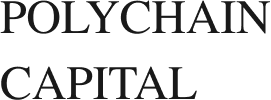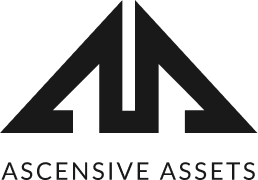© Copyright 2023 Structure Financial, Inc. All Rights Reserved.
Not all assets will be available to trade without restriction at any time. Assets currently available for trading will be displayed in the application. For additional details, please review our Terms and Conditions and our Privacy Policy.
Structure has partnered with custody providers who utilize secure multi-party computation and other security measures to protect your assets and information. No system is ever completely secure and Structure is not responsible for any losses incurred due to issues at our custody provider.
This is not an offer, solicitation of an offer or advice to buy or sell securities, or open a brokerage account in any jurisdiction where Structure Financial, Inc. is not registered.
Structure Financial, Inc does not recommend any assets or securities. All investments involve risk and the past performance of an asset, security or financial product does not guarantee future results or returns. Keep in mind that while diversification may help spread risk it does not assure a profit, or protect against loss, in a down market. There is always the potential of losing money when you invest in securities or other financial products. Investors should consider their investment objectives and risks carefully before investing.All assets, and investments are offered to self-directed customers by Structure Financial, Inc. Structure Financial Inc. is not a member of FINRA, FDIC, SIPC or registered with the United States Securities and Exchange Commission.
Structure Financial, Inc's services and STXR are not available in the United States and other prohibited jurisdictions.






